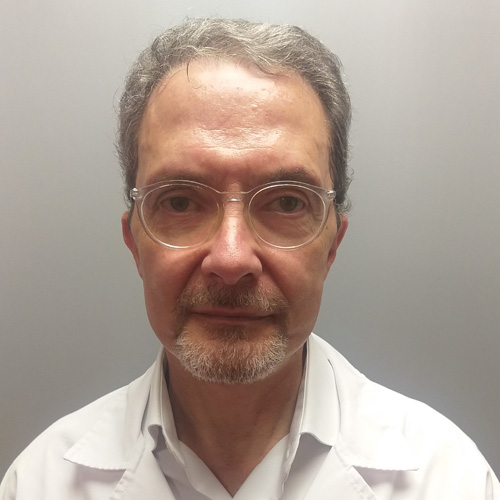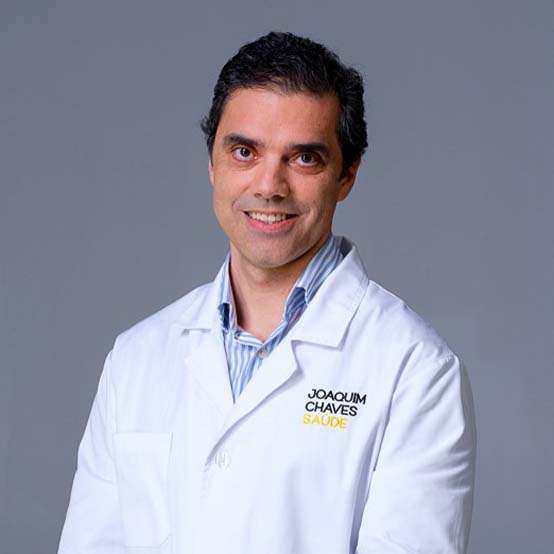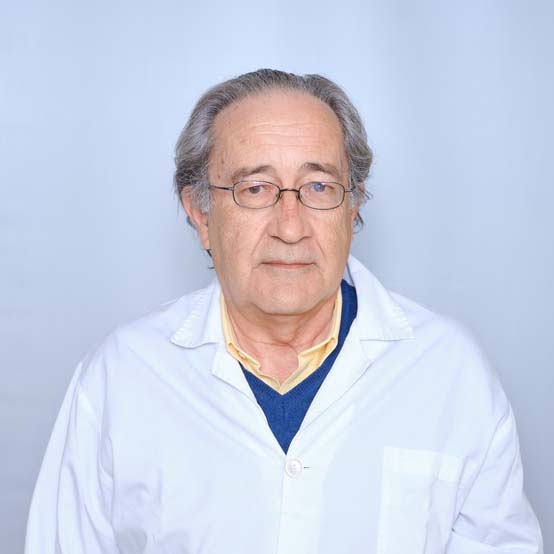Depression is one of the most common psychiatric disorders. Discover what it is, the symptoms you should not ignore, and how to treat it.
It is estimated that depression affects approximately 19% of the world population, which means that approximately one in five people worldwide experience this condition at some point in their lives. Learn what depression is, the warning signs, and how to treat it.
What is Depression?
Depression is a mood disorder characterized by feelings of anguish and profound sadness. The term derives from the Latin word deprimere, which means "to press down, crush, or sink," reflecting the heavy burden experienced by individuals with depression.
This condition can go unnoticed as the symptoms can be easily attributed to other causes. While it is normal for everyone to experience sadness at various moments in life due to significant losses or difficulty managing emotions, depression is present when these feelings are disproportionate to the triggering event, persist over time, and significantly interfere with daily activities.
Untreated depression can spiral into severe distress, and some individuals may see no way out other than suicide. The numbers are concerning: according to the latest data from the World Health Organization, it is estimated that over 700,000 people worldwide die by suicide each year. Additionally, for each suicide, approximately 20 others may attempt suicide, and many more may have suicidal thoughts.
What Are the Symptoms of Depression?
The symptoms of depression generally have a gradual onset over days or weeks and can vary greatly. In fact, a person with depression may not even feel sadness, despite it being one of the most common signs. Symptoms of depression can include:
- Decreased energy, fatigue, and sluggishness
- Social isolation
- Irritability or anxiety
- Changes in concentration, memory, and reasoning
- Loss of interest in previously enjoyable activities
- Feelings of guilt or self-destructive thoughts
- Despair, loneliness, and worthlessness
- Sleep disturbances or changes in sexual desire
- Appetite disturbances (overeating or loss of appetite)
- Neglect of personal hygiene
- Self-harm
- Loss of attachment to life, recurrent thoughts of death, or suicide
The wide range of depressive symptoms makes diagnosis challenging and delayed,as nonspecific physical signs can mimic other medical conditions. In milder forms of depression, individuals may continue to carry out their daily activities while experiencing persistent feelings of sadness and disinterest for years. In more severe cases, depression becomes disabling, significantly affecting academic or work productivity, as well as personal, family, and social availability.
What Can Cause Depression?
The exact cause of depression is not well understood, but it generally results from a combination of genetic, biological, environmental, and psychological factors. Some possible causes may include:
- Genetic factors that can affect the functioning of neurotransmitters (such as serotonin, dopamine, or norepinephrine)
- Hormonal changes (e.g., during pregnancy or due to abnormal thyroid function)
- Traumatic life events, particularly those involving significant losses or the diagnosis of serious illnesses
- Side effects of certain medications, such as beta-blockers for high blood pressure
However, it is important to note that depression can arise or worsen without any apparent or significant reason.
How to Treat Depression?
Even in severe cases, most people with depression show significant improvement when treated with a combination of pharmacotherapy (psychiatry) and psychotherapy (psychology). These treatments should be continued for a significant period of time to be effective. The earlier the treatment is initiated, the more efficient it is.
Pharmacotherapy for Depression
Pharmacotherapy for depression typically involves antidepressant medication and, in cases of recurrent or persistent disorders, may be extended for months or years. The medication works by correcting the neurochemical transmission in areas of the nervous system that regulate mood. As there are different pharmacological groups with distinct mechanisms of action in the brain, it is the psychiatrist's role to prescribe the most suitable medication for each case.
Premature discontinuation of antidepressant medication can lead to severe relapses, even after initial improvements. Therefore, adherence to treatment is crucial to avoid relapses.
Psychotherapy for Depression
Psychotherapy is essential for treating depression and aims to address the emotional causes that triggered the condition. Psychotherapy involves multiple sessions with a psychologist, where the patient is encouraged to reflect on the root causes of their distress and engage in deep self-awareness exercises.
There are various types of psychotherapy, such as Cognitive-Behavioral Therapy or Psychodynamic Psychotherapy, and the specialized professional evaluates the best approach based on the patient's needs. The duration of therapy can be medium or long-term, lasting for months or years, until the individual with depression can gradually resume their responsibilities and adapt to the normal pressures of life.
Hospitalization
Hospitalization may be indicated when a person with depression has considered or attempted suicide, is physically debilitated due to weight loss, or experiences severe agitation with cardiac problems. Hospitalization may also be necessary to remove the patient from triggers that worsen their depression, providing them with an environment conducive to recovery and mental rehabilitation.
Joaquim Chaves Saúde: By Your Side in the Fight Against Depression
When symptoms of depression are not properly recognized and treated, the condition can persist and worsen. The prognosis of depression primarily depends on the therapeutic combination instituted and adherence to treatment. Suicide is a possibility that should not be ignored, and specialized help is essential to reduce that risk.
Count on Joaquim Chaves Saúde for the support, guidance, and appropriate treatment to successfully combat depression. A team of psychiatrists and psychologists is available to assist you. Schedule your appointment now and get the necessary support.






